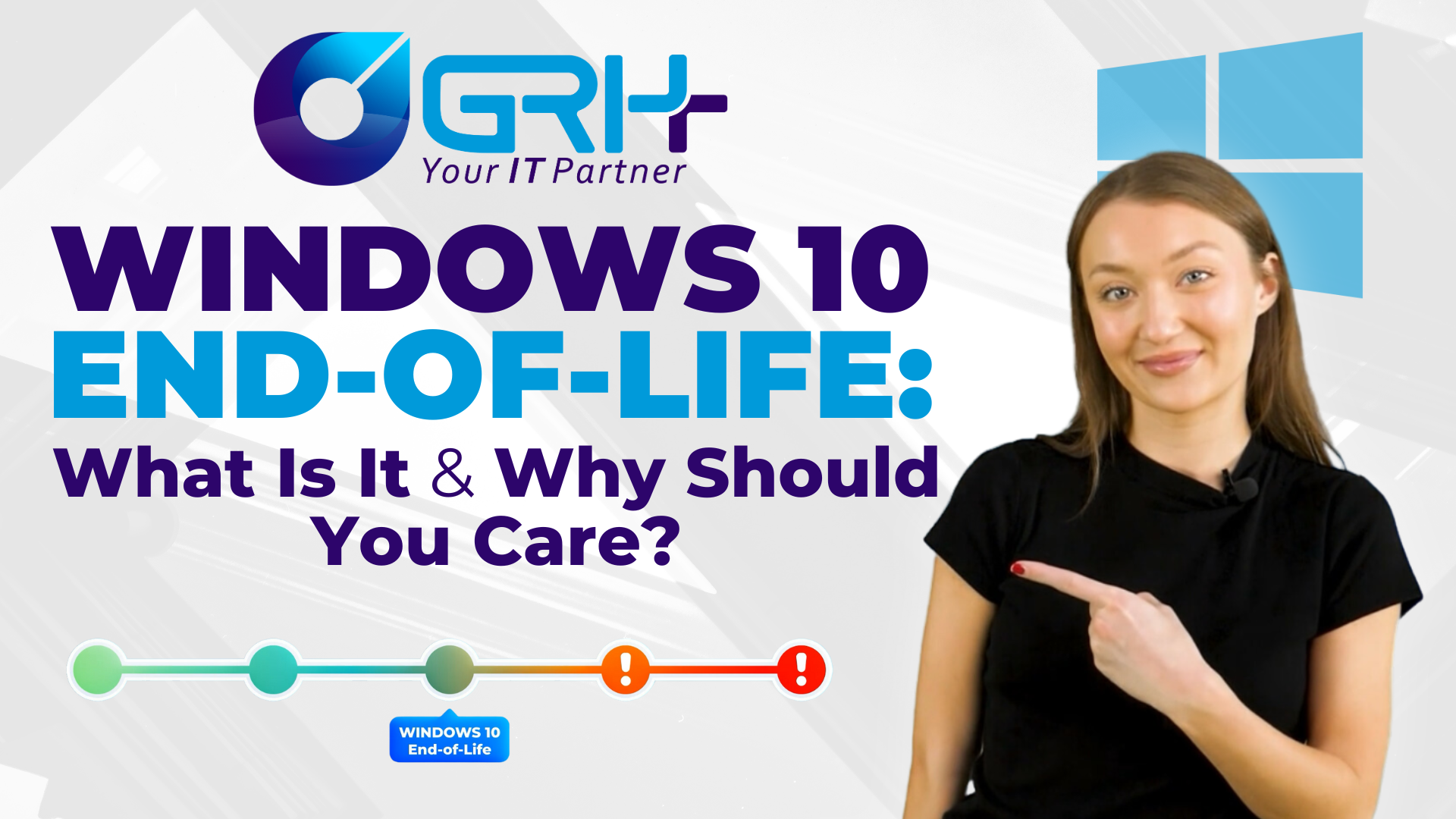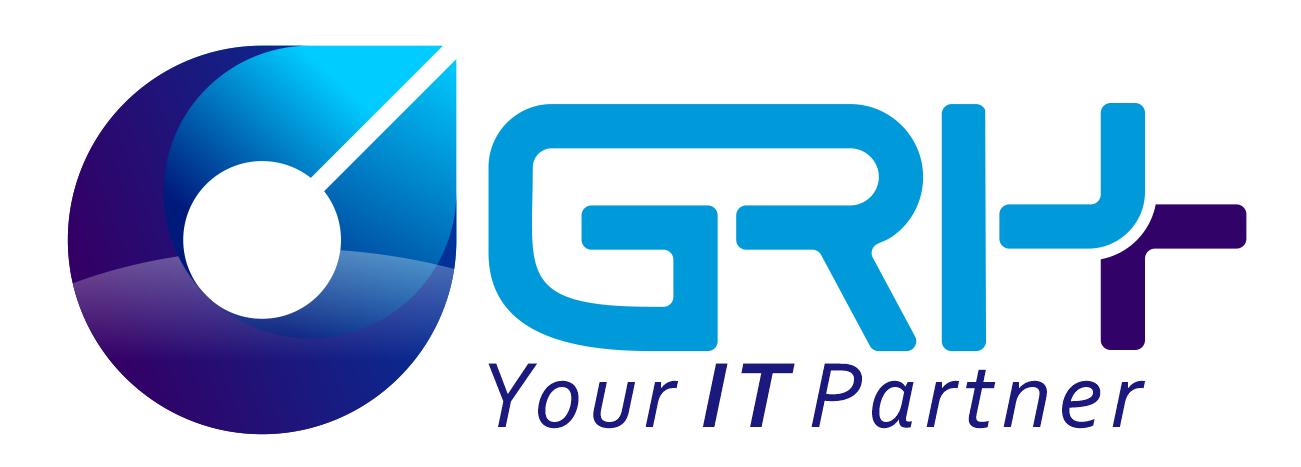The Cloud and Your Dental Practice: Simplifying Tech Across Locations

The cloud has the ability to change the game for your dental practice, especially if you're have or are interested in branching out to multiple locations. If you're in the dental world, you know the benefits of more than one office: more locations mean more chances to see new smiles and keep the regulars coming back! However, the tradeoff with each new location is that keeping your technology top-notch only gets trickier with each office added…
Let's talk about how the cloud can be a game-changer for your dental practice, making every office as efficient as your flagship location. We’ll keep things simple and skip the tech jargon!
Multiple Locations and the Cloud
More offices mean you're reaching more patients - that's a no-brainer. But here's the catch: ensuring that each of these offices have the same high-quality tech setup is a huge challenge. You want your patients to get the same great service whether they visit you at Location A or Location B.
This is where the cloud comes in to save the day! But first, we’ll explain exactly what we mean when we're talking about "the cloud."
Put simply, the cloud is a digital library that stores all of your important information and data, like patient health records, appointment schedules, and even those big digital X-ray files. It all happen online, so you can access this data from any of your locations, anytime.
Some of the other main benefits include:
- Every Office on the Same Page: With the cloud, all your offices can access the same info and tools, making sure everyone's working in harmony.
- Tech That Grows With You: Adding another location? No problem. The cloud scales with your practice, making it easier to expand.
- Work from Anywhere:
Whether you're at home or on the go, you can always peek into your practice's operations and access scheduling and files.
The cloud probably sounds like an excellent option for your practice, and it is! However, we don’t want to mislead you: while we are big proponents of the cloud, it's not a magic fix for everything.
Limitations of the Cloud for Dental Practices
The X-ray machines and other high-tech, large equipment at your offices need something called an on-premise server to work. When we say on-premise server, we mean a physical computer server that is available on-site at your office. Not everything can or should move to the cloud, especially when it comes to the heavy-lifting tech in your practice!
So, what do you do when some of your tech needs to stay grounded while you want to take advantage of the cloud for everything else?
The Best of Both Worlds: Combining Cloud and On-Premise Solutions
This is where figuring out the perfect mix comes into play, and where GRH Consulting can provide the most help! Making the call on what goes to the cloud and what stays on-premise might sound a bit daunting, but it’s where we excel.
Whether it's setting up those on-site servers or moving parts of your practice into the cloud, we're here to make sure your tech is set up to function exactly how you need it to. Making every location of your dental practice run smoothly is the goal, and the right mix of cloud and in-house solutions is how we get there.
Let's Meet About Your Practice's Tech!
Contact Us to set up a free consultation with our expert team! We’re specialists in dental IT here to help you make the best tech choices for your dental practice and improve the quality of ALL your locations!












